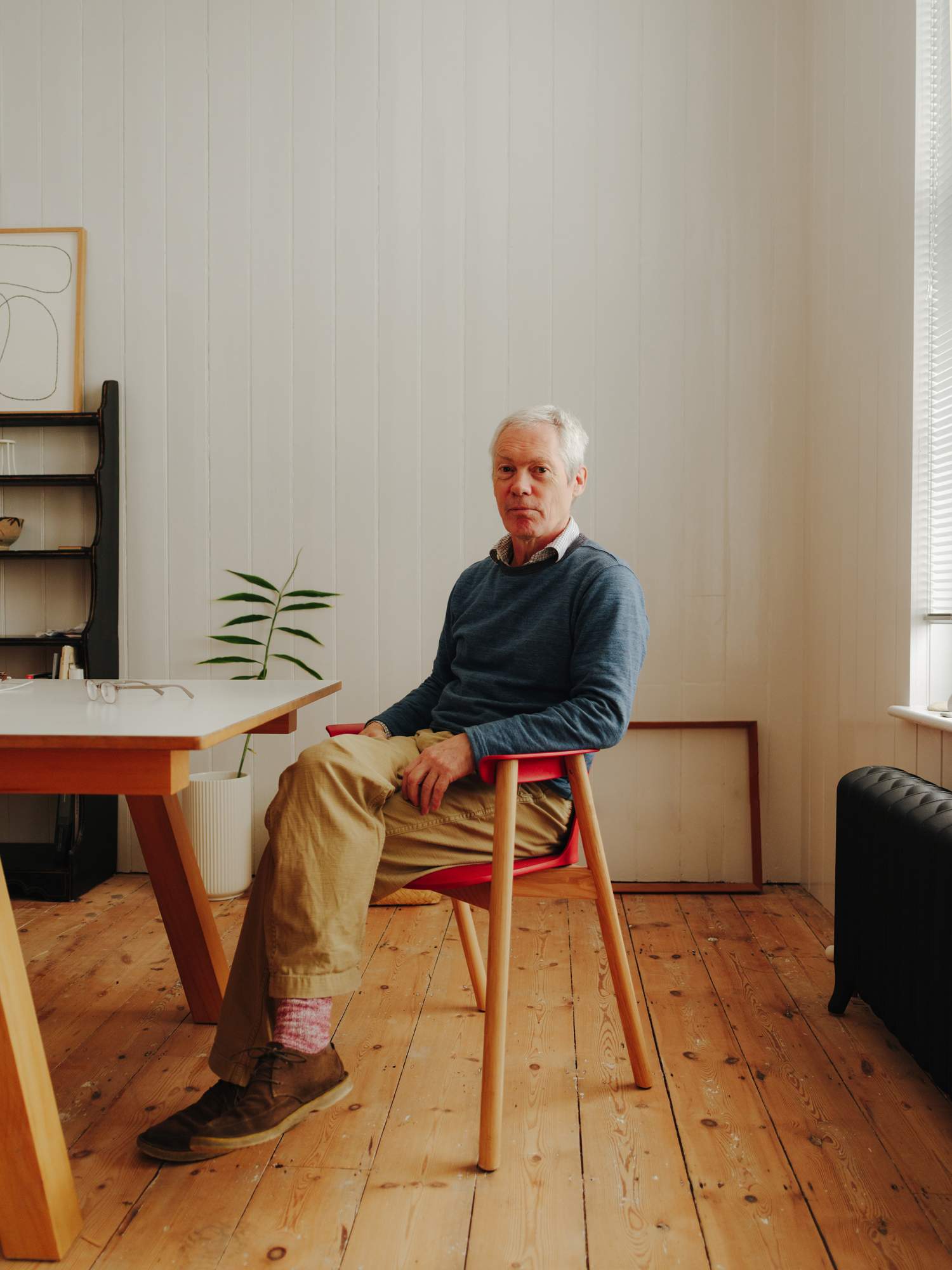Audi / Global
Jasper Morrison, London
With offices in London, Tokyo and Paris, Jasper Morrison is one of the UK’s most sought-after industrial designers and his furniture creations make their way into the catalogues of the likes of Vitra, Flos and Maruni. Working for more than 30 years to a minimalist design ethos, Morrison’s work has inspired a generation of design thought.
How do you define progress?
Progress is incremental; it’s the result of small improvements to what already exists. There are occasional examples of individual products that have changed things profoundly: the Thonet No 14 Chair, for example, made comfortable seating widely available; or the iPhone for its multifunctionality. But these are the exceptions rather than the rule.

How can we see this in your work?
Most of my work relates to things that already exist that need to be improved or refreshed. You can see this in a chair that I have just launched, which is designed for Vitra. It’s a single-piece moulded cantilever called evo-c, which stands for Evolutionary Chair. With new technology and the help of powerful computers, a design like this is possible; 10 years ago, it wouldn’t have been.
How have your designs and your design philosophy progressed?
A little in some ways and not very much in others. I’ve always been against highly expressive design, though I have occasionally indulged. A key moment for the development of my work was the realisation that certain objects are “super normal”: they are discreet but have a positive effect on the atmosphere of a space. Since then, the goal has been much clearer.
“Most of my work relates to things that already exist that need to be improved or refreshed”
Can design change the world?
Design does change the world but perhaps not in the way one might imagine. It plays a part in how everything looks, influencing and altering our surroundings. So it’s very important that we designers create things that will have a long life – both visually and physically.
Will the role of design change as the digital world grows? And how can we expect mobility to change?
There are new technologies on the horizon that will significantly improve our personal mobility, such as self-driving cars and hydrogen fuel cells. People will become more conscious in their consumption and travel habits; it will become easier to move to e-vehicles as more charging options become available. We certainly need fewer things but the things that we continue to need should still be carefully considered and well designed.


